English classes are home to some of the best of times or some of the worst of times and Dickens is usually just the beginning. After an introduction to the literary canon, a specific literary era or a genre through a really long PowerPoint presentation, students are either thrown into poetry or despise it throughout the semester. There’s more to poetry, particularly contemporary poetry, than a dread for esoteric language and hidden metaphors that don’t make sense or aren’t necessarily relevant anymore. There are so many interesting poems and amazing poets that don’t rely on the “rules” of poetry established by people from long ago.
“Jabberwocky and Other Nonsense” by Lewis Carroll
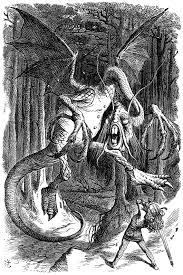
Lewis Carroll is well known for his book, “Alice’s Adventures in Wonderland,” and the poem, “Jabberwocky.” As an author in the Romantic Era, Carroll does use some difficult language — because he uses words we don’t use anymore — but his works are still light-hearted and fun. Using different techniques and terms and symbols from other art forms, he makes reading his poems an adventure and even goes so far as to laugh at himself and society. “Jabberwocky and Other Nonsense” starts with nonsense poems with morals at the end, like those that were commonly used to teach kids right from wrong. He also didn’t care about what academics expected from poetry and wrote “The Dear Gazelle” with notations from sheet music along the side and bottom to make it more lively. Then he wrote “Alice’s Adventures in Wonderland” and used his poems and the book itself to make fun of the poems focused on morals that were so common for children to learn in the 19th century.
“Memories” by Lang Leav
Lang Leav disregards every “rule” of poetry. As a contemporary poet, she tends to stick to straightforward language and doesn’t write in stanzas. Her paragraphs describe the quiet pain hidden in the in-between moments and the highs and lows of love. While some of her works are traditional poems with gorgeous metaphors, she focuses mostly on picking precise words that make the reader feel like they’re alone beneath the stars or like they’re in a place where time just seems to stop. Though her poems are uniquely hers while seemingly everyone else’s, she falls back on the melancholy of the poets from the past. Her poems are powerful, but they are easy to relate to and seemingly simple. Highlights from “Memories” are definitely “Stowaway,” “Numbers” and “After the Storm.”
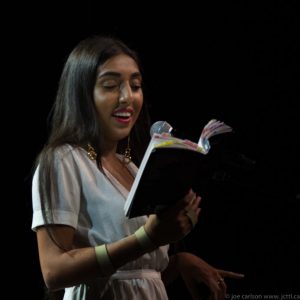
“The Sun and Her Flowers” by Rupi Kaur
Rupi Kaur took the world by storm in the last few years with short poems that continue to make an impact on those who read them. She writes about the world through her eyes, but also a world that everyone has experienced in some way through words that cut to the chase without mincing or twisting their meaning. Kaur doesn’t title her works — like Emily Dickinson — and doesn’t bother with punctuation or capitalization when she doesn’t want to. Her books are great for people who can’t find the perfect way to describe how the world fits together or how they seem to fit inside it.
Anthologies
The best way to get a taste of a little bit of everything is through poetry anthologies. David Lehman compiles “The Best American Poetry” every year. Full of contemporary poems that discuss a wide variety of topics, anthologies are a great way to discover new poets or older poets that are writing new poems. From the best new poets to the best poems themselves, it’s easy to find something that speaks to you on a deeper level.
Though poetry may not be for everyone, it’s not as intimidating as many classes make it out to be. Modern poets are changing the standards and creating beautiful works that are more approachable.







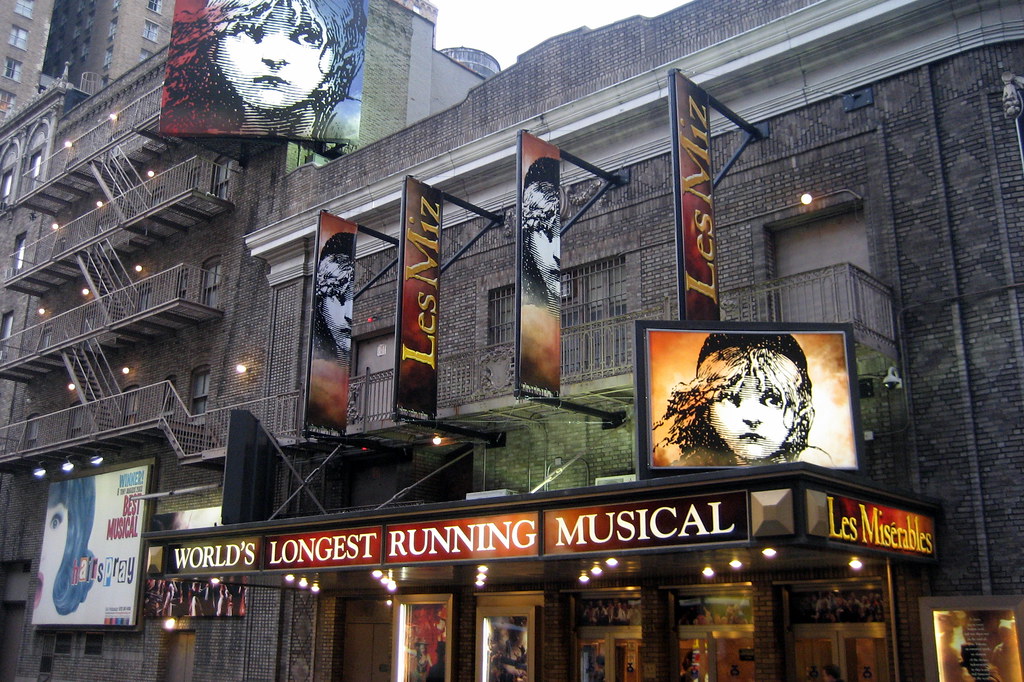

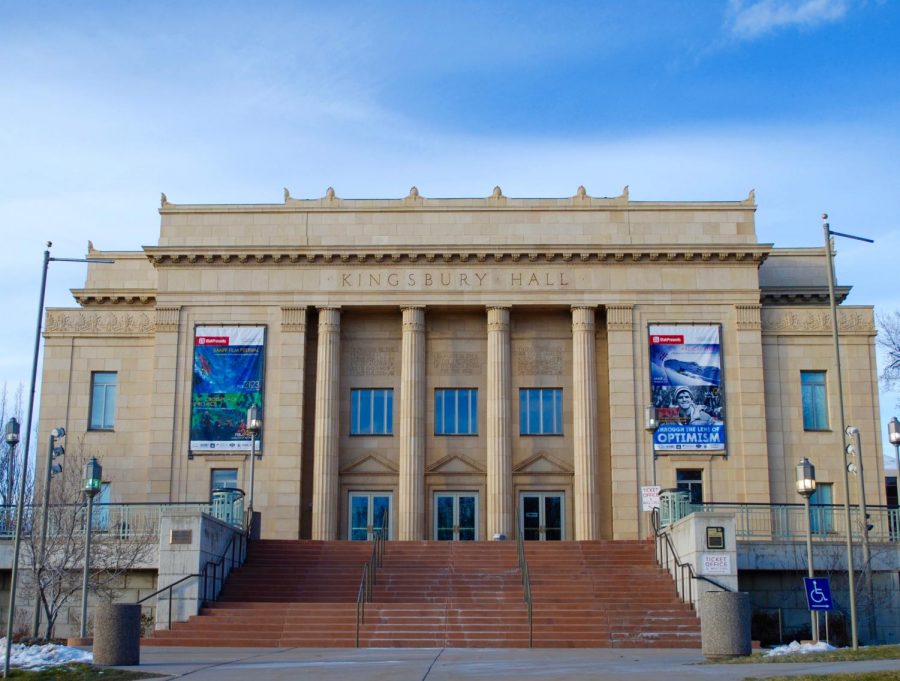
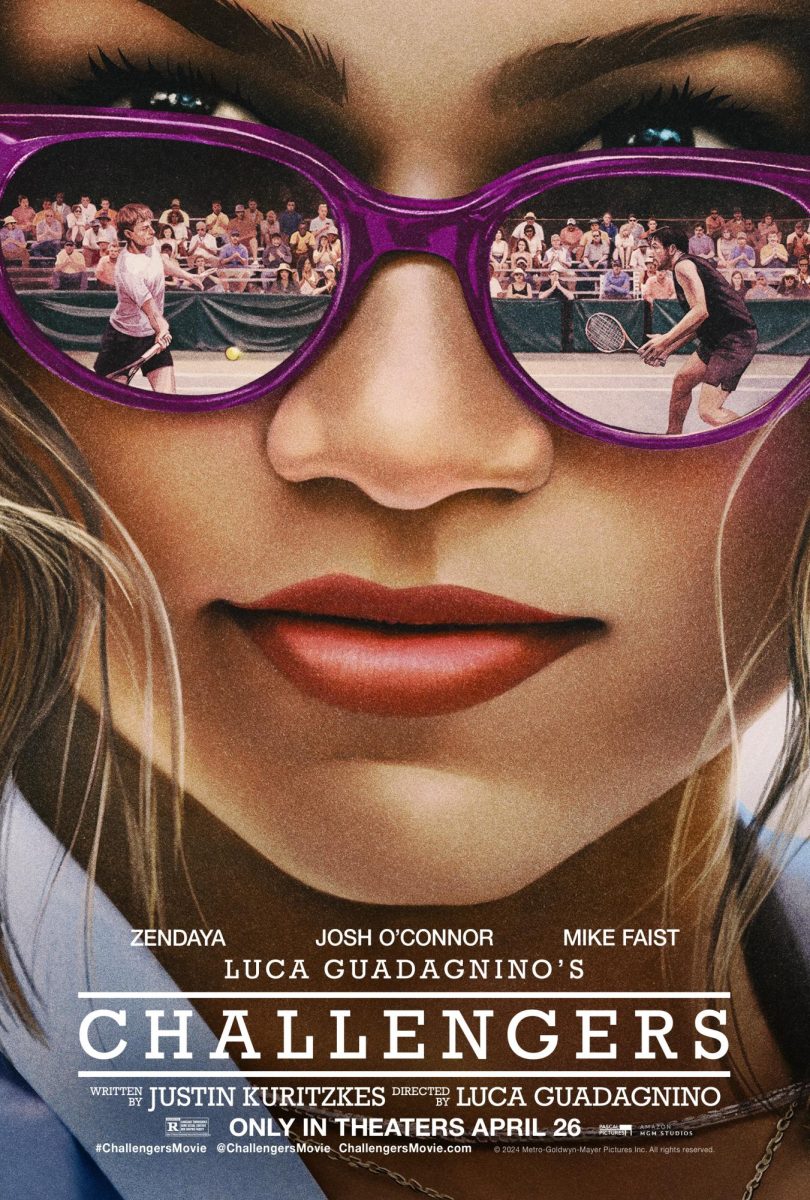
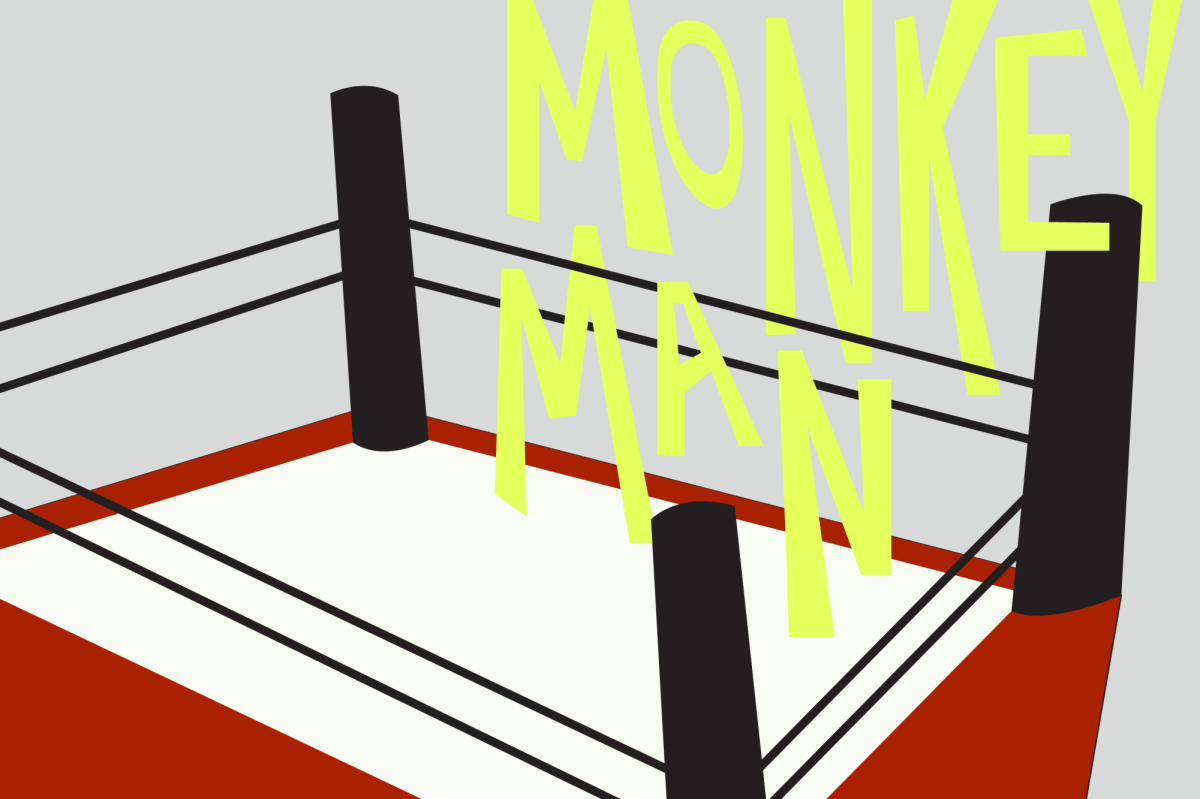

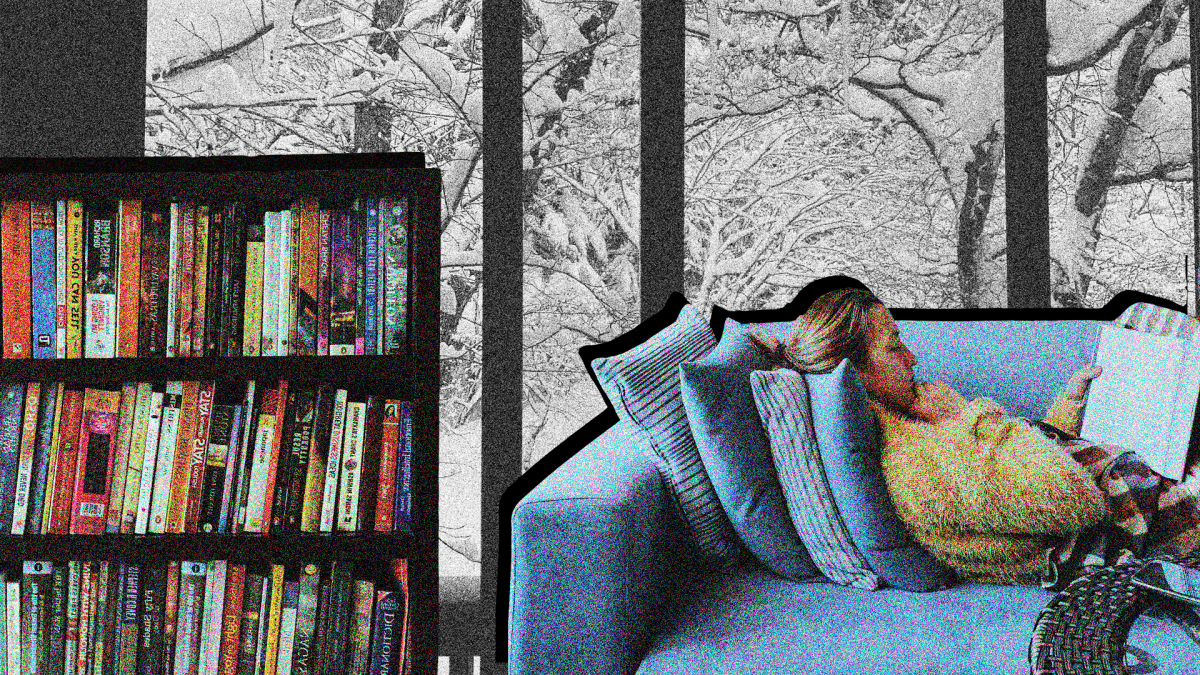
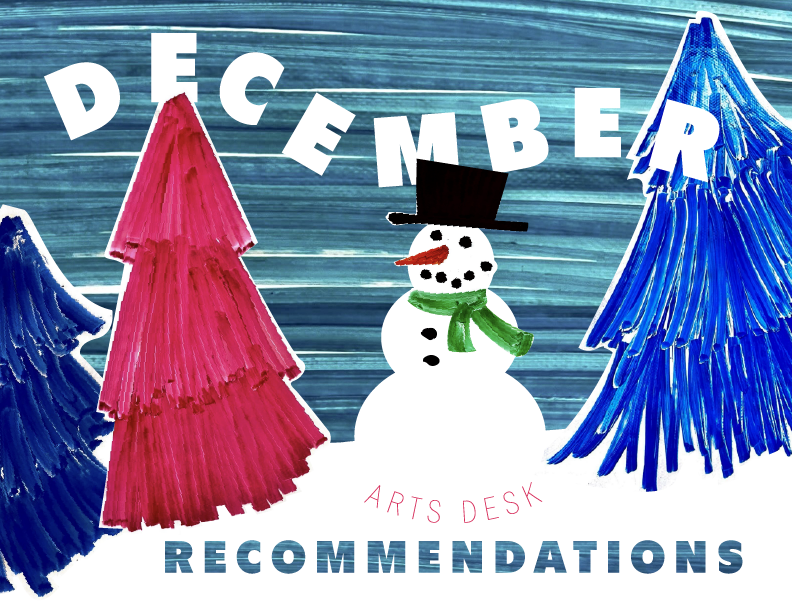
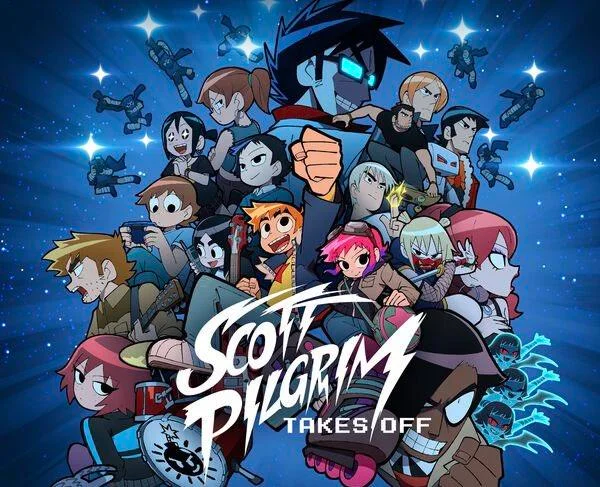
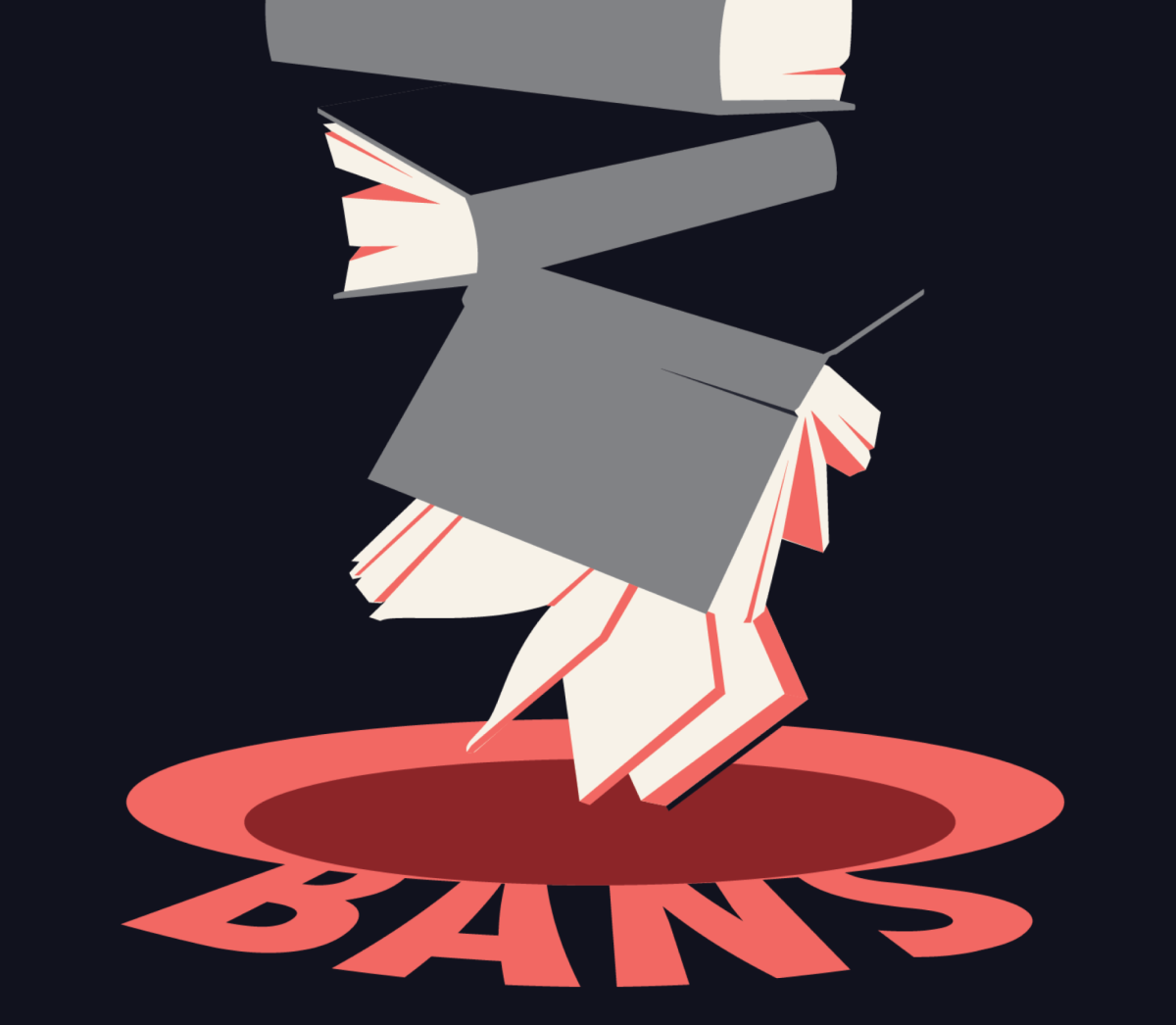
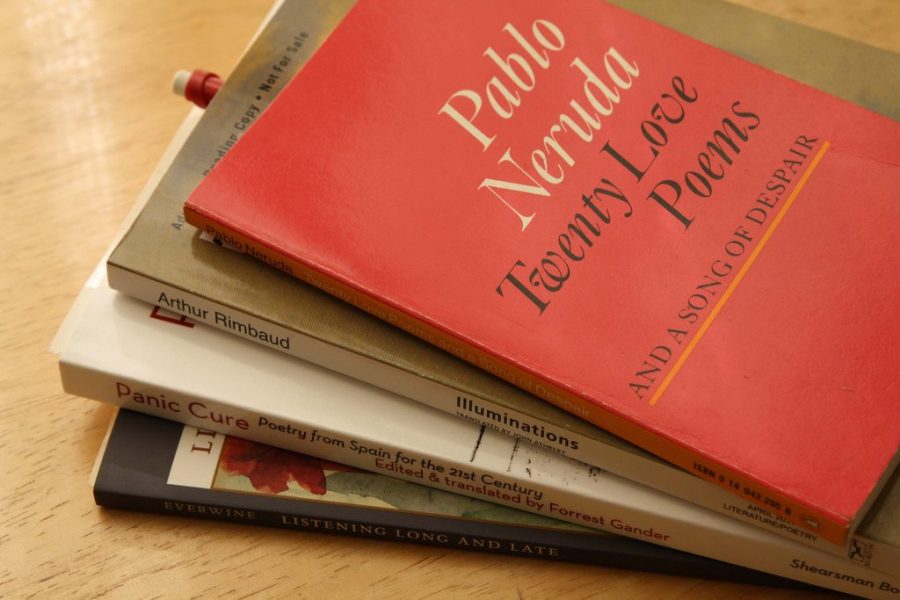
Billie Duncan • Jan 14, 2018 at 12:24 pm
As a poet and poetry activist in Houston, I quite appreciated Ms. Eggleston’s article. One thing I do in casual conversations–many of which take place in bars or public transportation–is ask people, “Have you ever written a poem?” Every single one so far has said, “Yes.” But many do not read poetry or go to poetry events because they think they hate poetry. It turns out that what they really hate is the memory of being force-fed poetry they did not understand by teachers who had little understanding of what they were teaching.